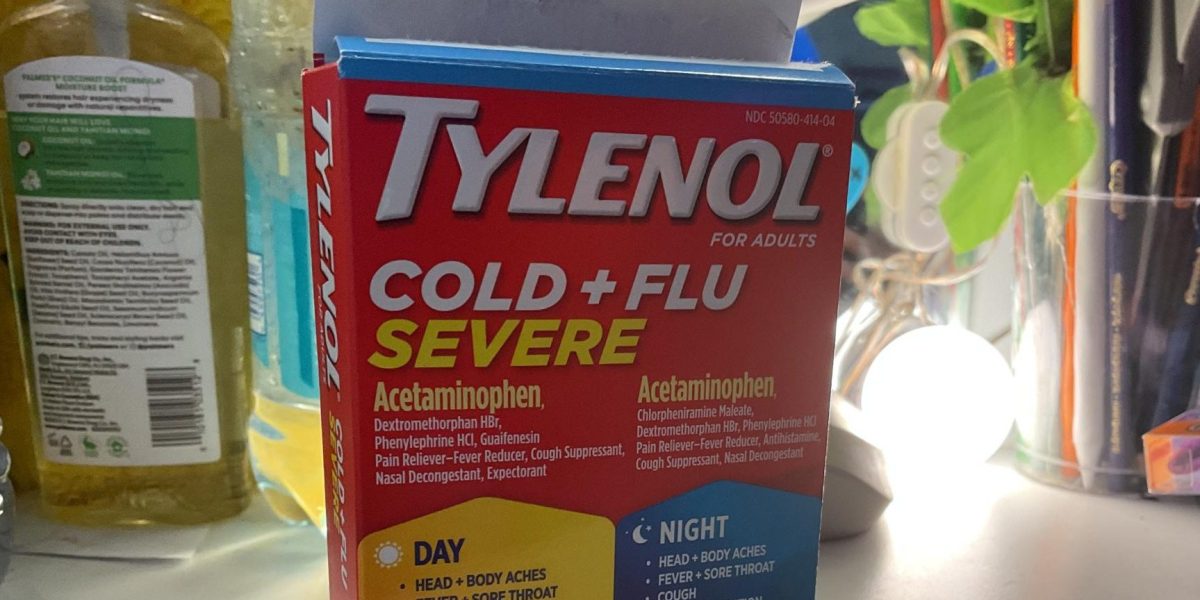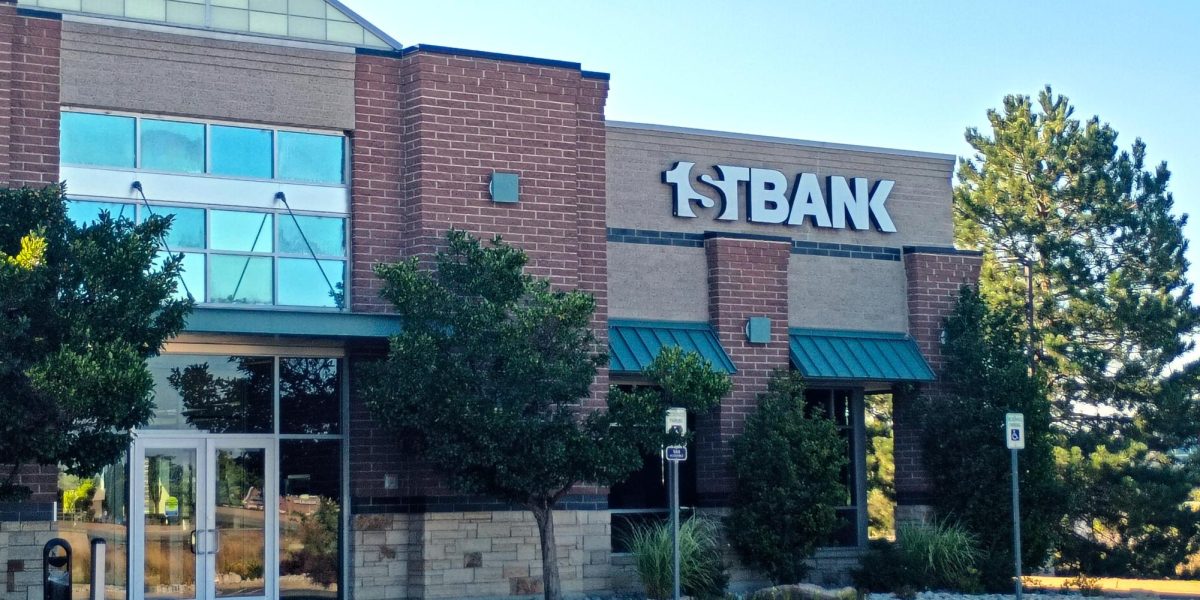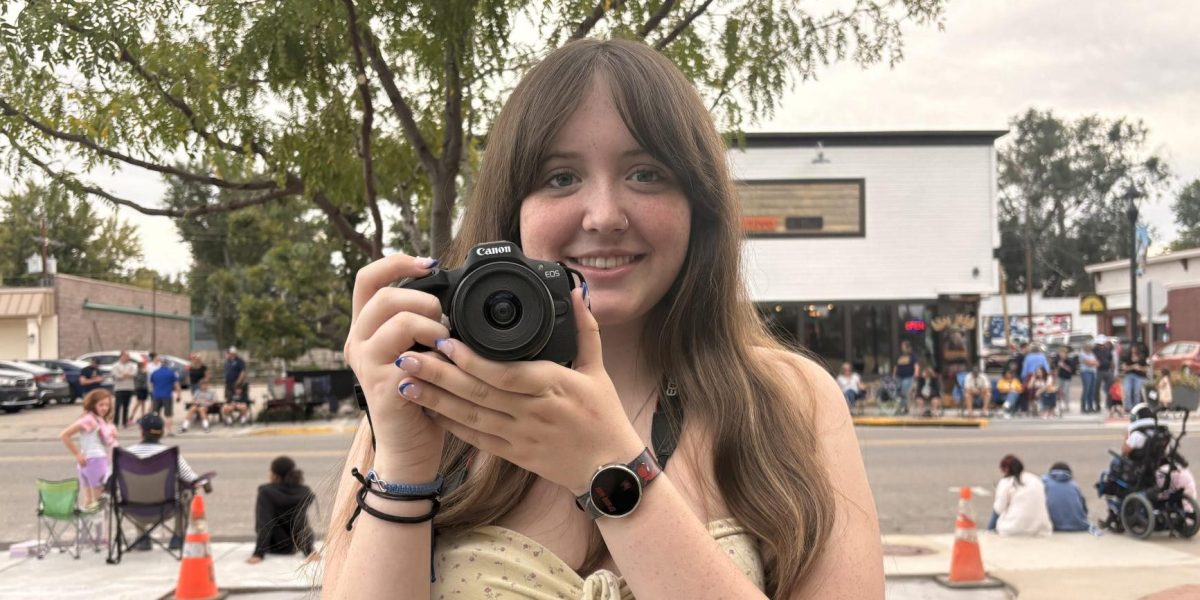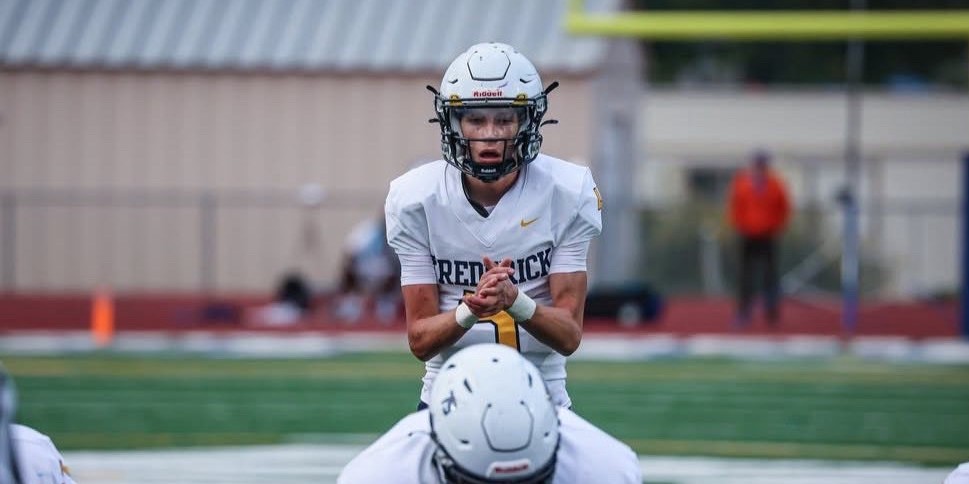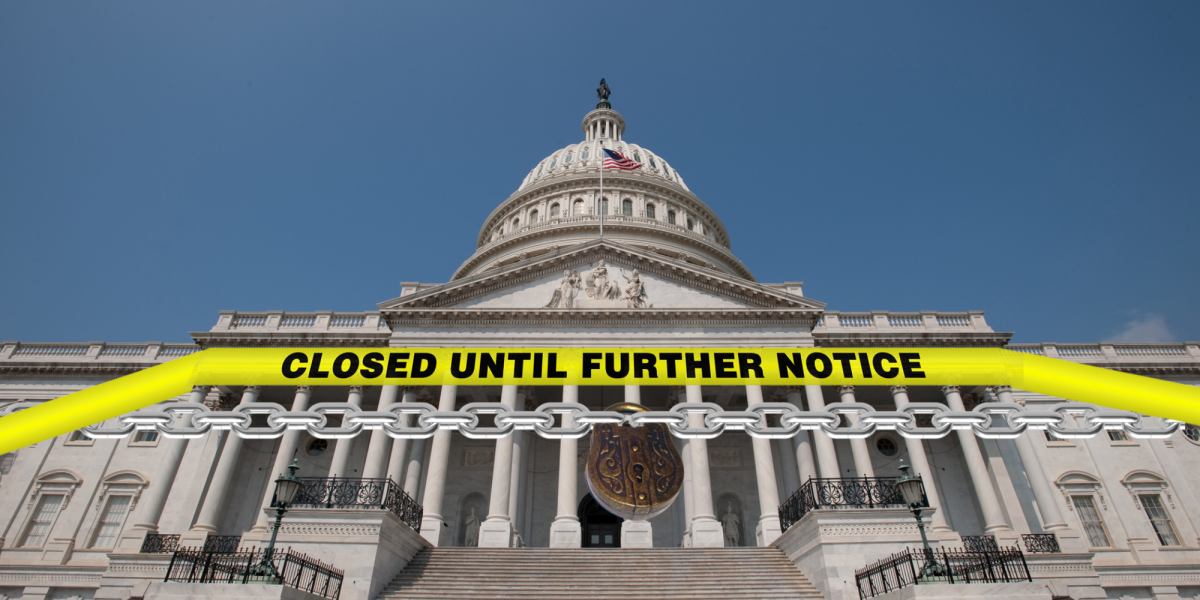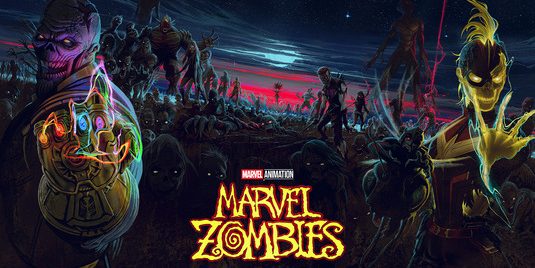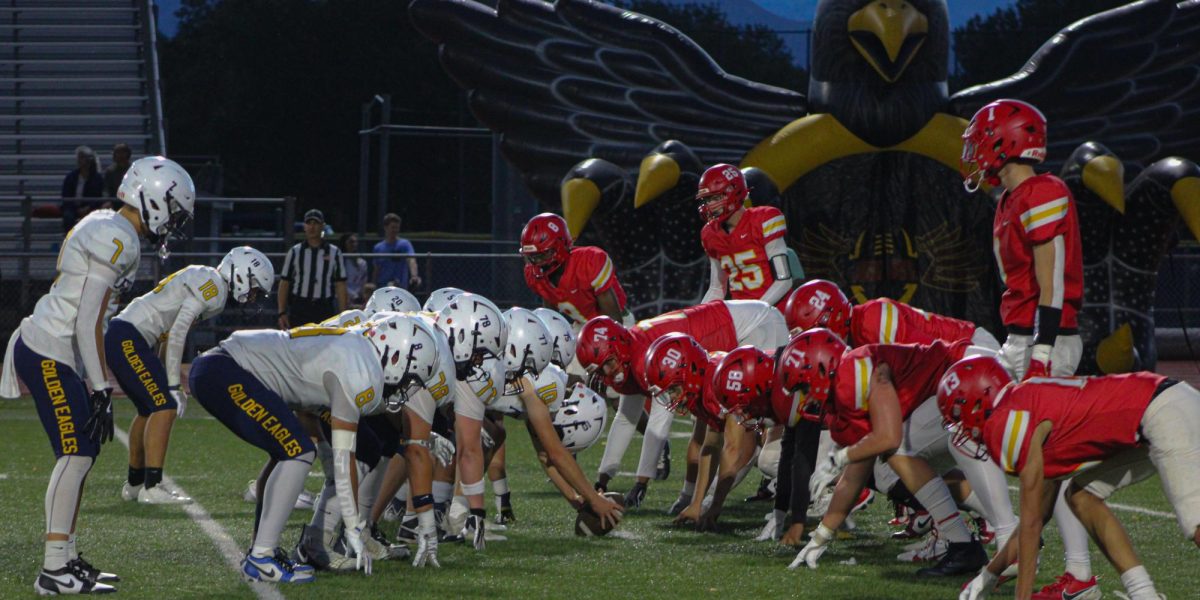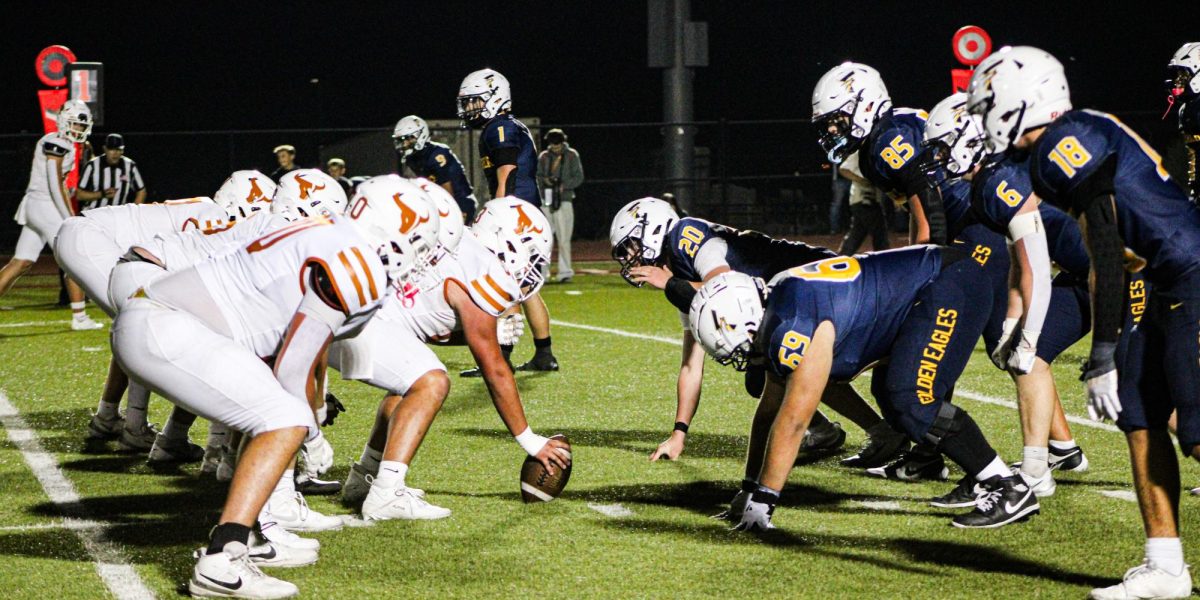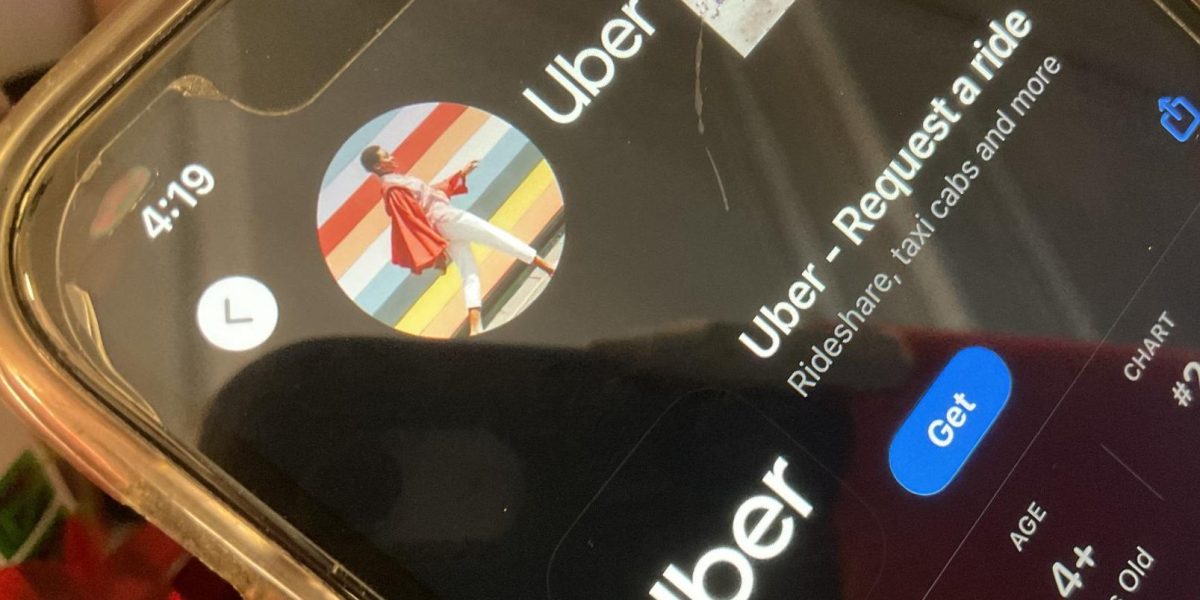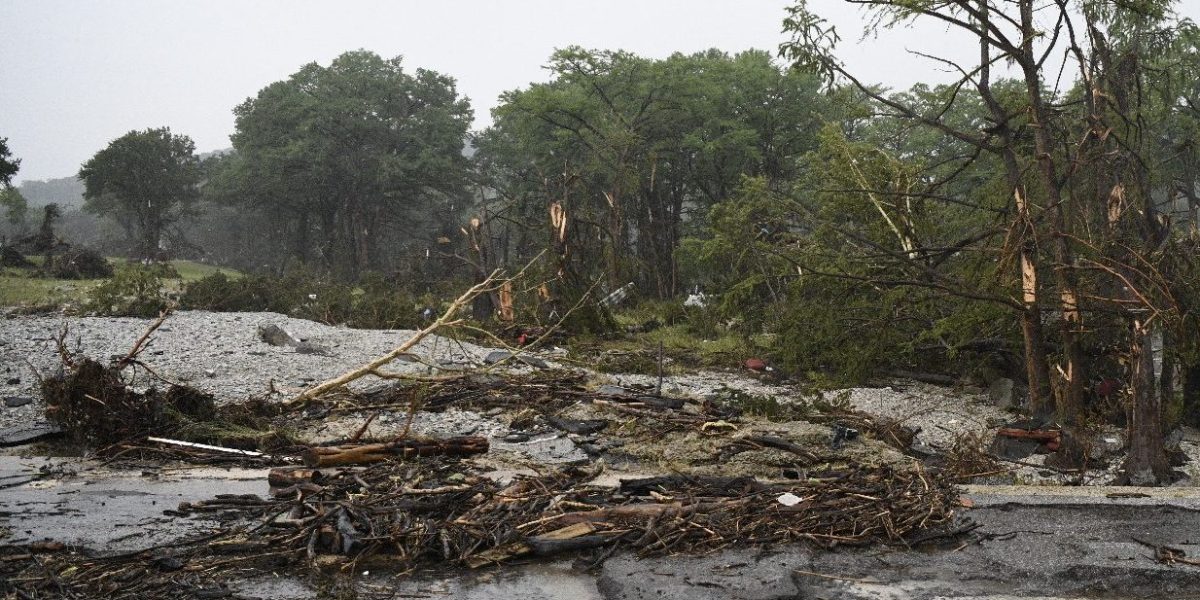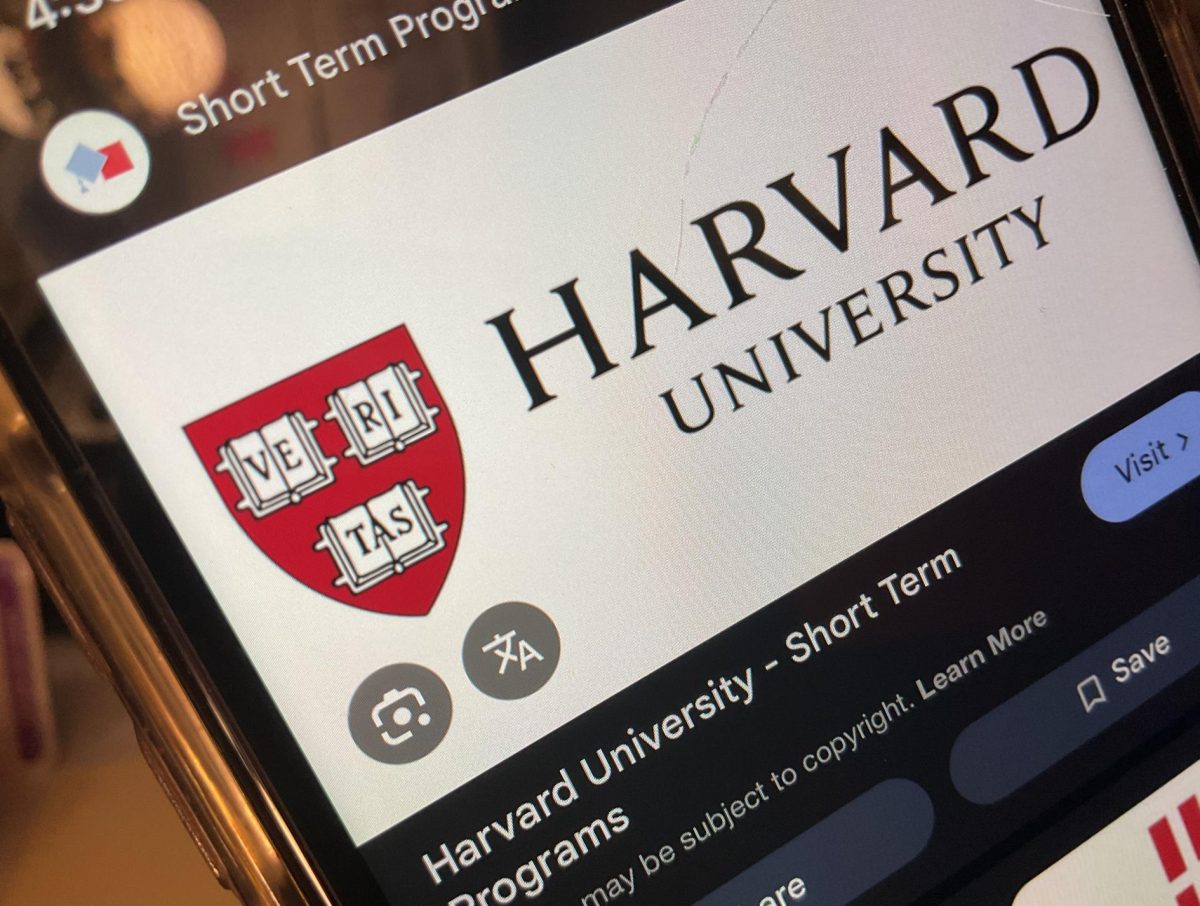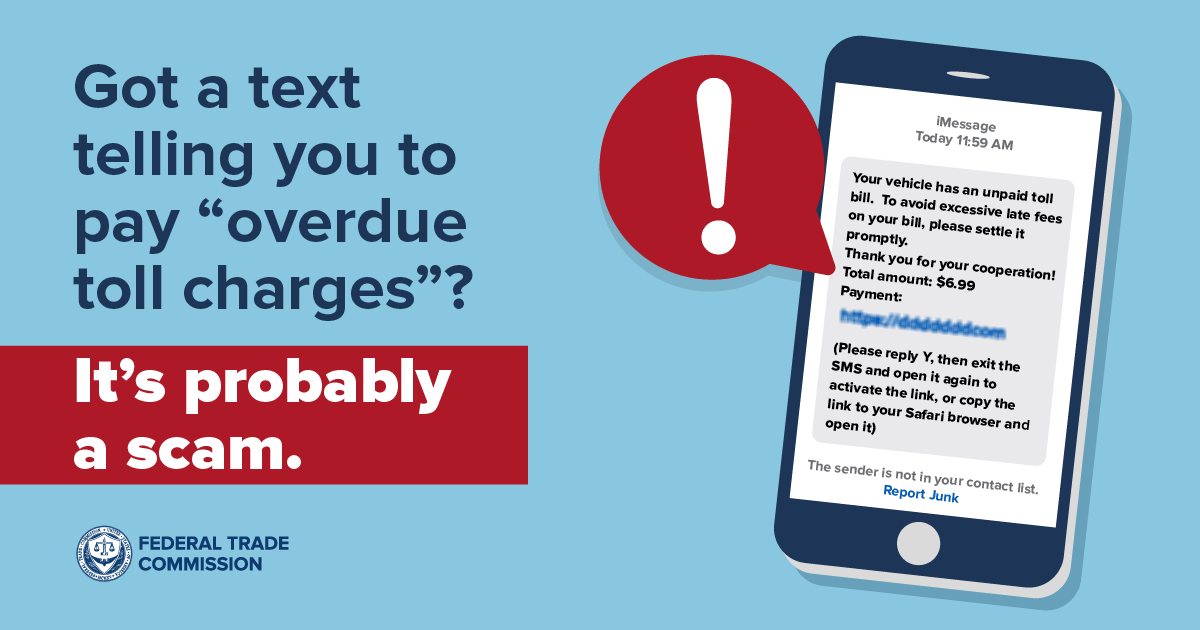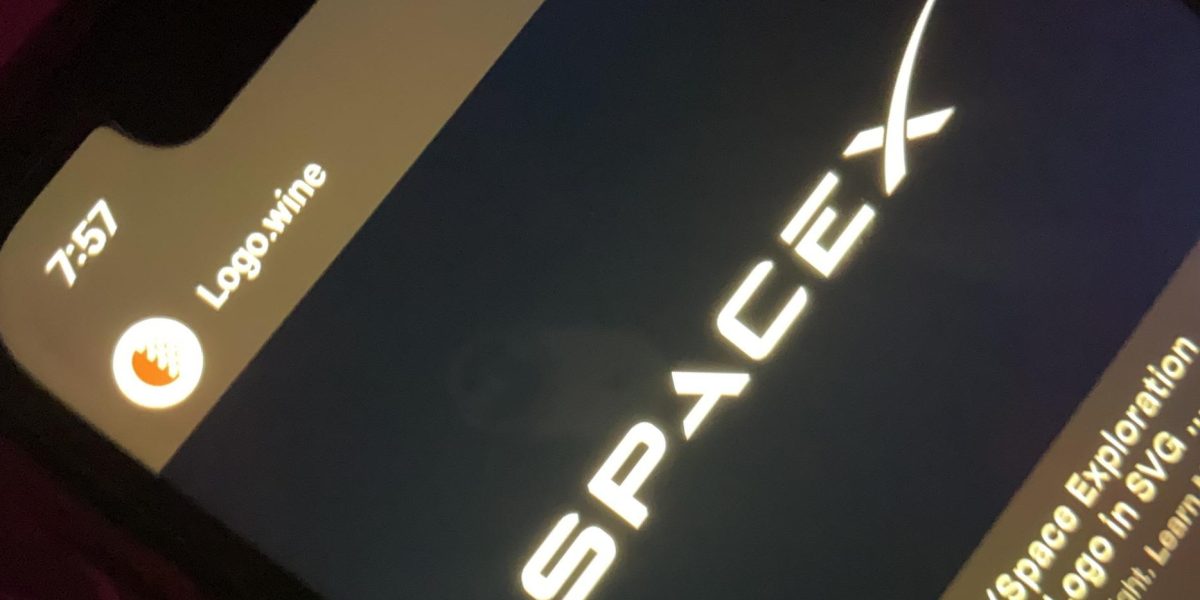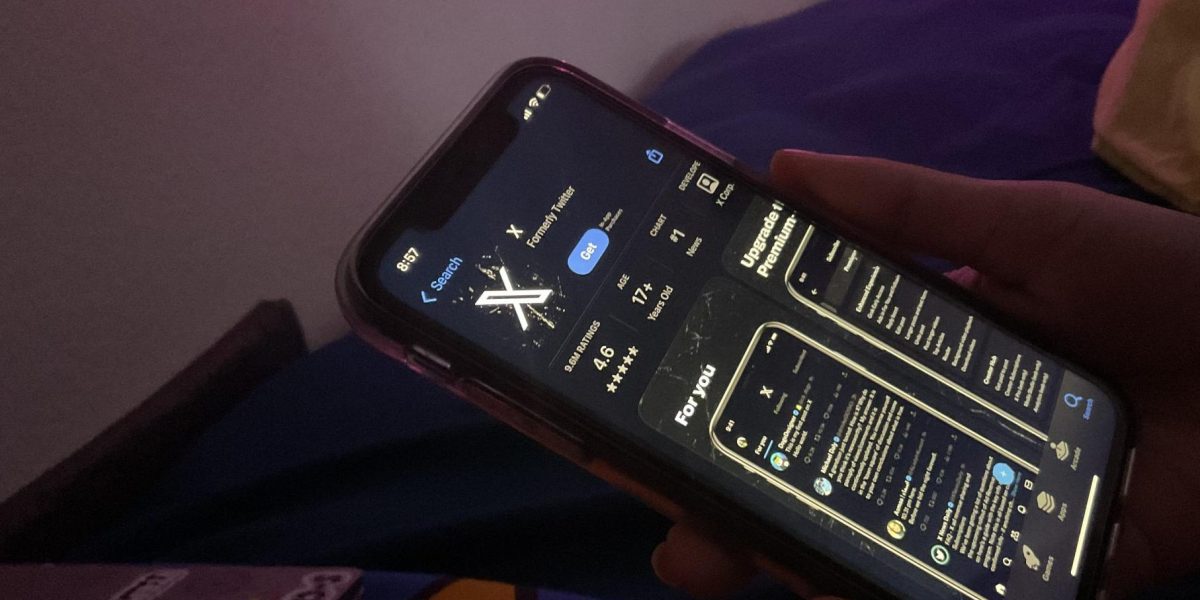Uber is a ride-hailing delivery, and a transportation company that connects riders with drivers and couriers using a mobile app. Uber offers many services, such as food delivery (Uber Eats), ride-sharing, etc.
Many people around the world use Uber to go from place to place, but mostly young people around the age of 16-24 use Uber.
Uber is threatening to leave Colorado if the bill passes and is signed into law. The bill to increase the safety of ride share passengers and drivers is up for a final vote after significant changes in an attempt to address opponents’ concerns.
Uber has been running a campaign against House Bill 1291, warning us that it will leave the state if the measure passes and urging its users to contact lawmakers and Governor Polis.
There has also been a watered down bill that is the most controversial provision saying that there is a requirement that drivers record audio and video of every ride.
They wanted to do this because people said that it would increase safety and provide evidence in instances of violence and assault.
In the revised version of the bill, the recordings will only occur if both the driver and passenger agree to it.
In the latest form, the bill would ban drivers and passengers from sharing food and drinks, but companies would not be liable if a driver violates that policy.
Also, the senators had agreed to narrow down a provision of the bill that allow riders to sue instead of going to arbitration. Under the revised version, according to winter, people would have the right to pursue a lawsuit against a rideshare company, sexual assault, personal injury, or kidnapping.
Even with the significant changes, backers say that this would be the toughest law in the country.
On Wednesday, May 7th, 2025, lawmakers had to conclude their work no later than the stroke of midnight on Wednesday night, and a number of the year’s biggest bills have yet to be.
During the final days of the session had made changes such as video and audio recording would be optional, passengers could only bring a civil suit against a driver or rider in instances of sexual assault, kidnapping, personal injury and death, a driver would need to notify a ridshare company within 48 hours of a guilty plea for an offense that would disqualify them for driving, and the company, etc.
On April 23, there was an email to riders saying that the conditions would make it impossible to operate in the state.
Uber has threatened to stop its service multiple times in other areas which were ever equally resolved.
In 2024, Uber and Lyft both said that they would stop serving riders in and around Minneapolis after its city council had tried to impose higher wages for the drivers. Then the state legislators eventually passed a bill that was overriding the city’s ordinance and the services never left.
In 2016, Uber and Lyft were shut down in Austin, Texas, over a city ordinance that imposed many restrictions on working conditions, driver verification and pay.
Later on, in 2017 it had returned, after a state law that stripped local governments of the ability to regulate rideshare companies.
Other disputes such as California, Seattle, Phoenix, and Chicago led Uber to threaten to cut service were resolved without services ending.

